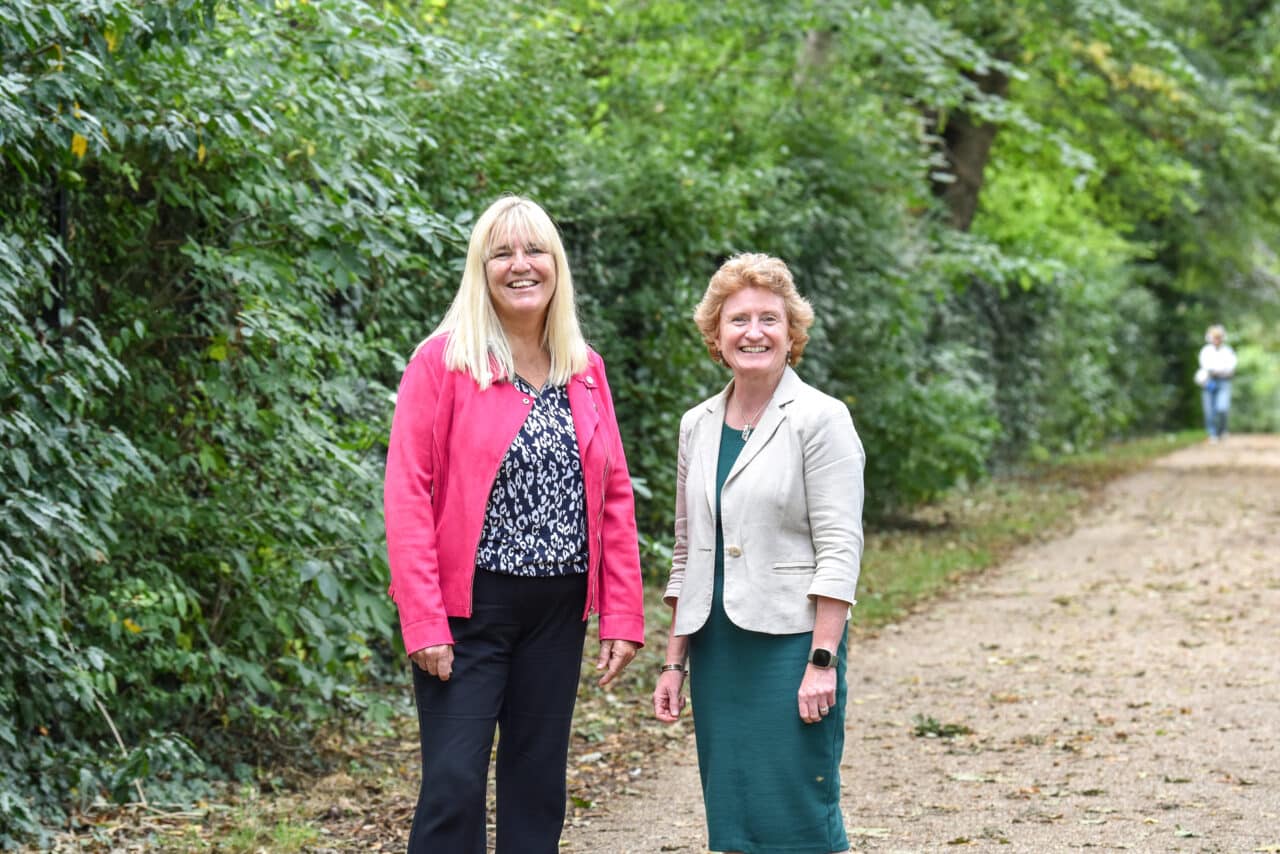Going in Blind
How you can make yourself shine in a new model of recruitment
Do you remember the ‘milkround’? The term was allegedly coined by a large dairy company as their formal graduate recruitment company, but soon became a catch-all term for the graduate recruitment round, usually between October and February in students’ final university years. Big companies would start this process early, sending their recruiters around all the top universities in a bid to woo the best and strongest candidates. The crème de la crème would have their graduate job in hand well before they have completed their studies, giving them post university security, while employers could feel comfortable they had skimmed off the cream of that year’s crop without having to fight it out for the last ragtag bunch of inferior graduates left without roles come July and August.
On paper, so far, so good. In reality, this somewhat old-fashioned process can on occasion leave a sour taste in the mouth (this is the last dairy analogy, I promise). This kind of recruitment ensures the success of a certain kind of candidate – one who has been to the ‘right’ school and the ‘right’ university, studying the ‘right’ subject and getting the highest grades. Consequently, this disadvantages a huge swathe of individuals who might be by far the best people to actually do the job but whose name (yes, really) or alma mater prevent them from progressing to the point where they actually see a real person to impress. There’s lots of evidence to suggest that the grade prediction model (already flawed for everyone with the accuracy of these predictions varying wildly) is particularly inaccurate for black candidates. Those from a lower socio-economic background will, statistically speaking, be less likely to tick some of those boxes, perhaps not having the advantage of going to the ‘best’ schools’, and unconscious bias is likely to see more opportunities going to the white, male, middle-class candidates. In addition to this, the less outgoing and confident but highly-capable candidates are less likely to shine in this kind of system.
Fortunately, many companies, facing both internal and external pressures to engage a more diverse workforce, are looking at alternative, fairer methods of finding the best new talent. This isn’t just about ‘looking better’, although I am sure that there is an element of this for some companies who wish to be seen to be doing the right thing, but also in response to the kinds of graduates who were recruited in this way. They look great on paper – but that doesn’t mean they can do the job well. All employers have a very keen interest in finding those who are best able to fill the role required.
It’s fair to say that historically some of our girls will have benefitted from the old school form of graduate recruitment, having studied at a successful independent school with an excellent reputation and often (but not always) coming from families who are well able to support their daughters and are from more affluent and educated backgrounds. They are also (and here is where my bias comes in!) a bunch of inspirational, hard-working and talented young women and I strongly believe that even without the hidden advantages they may have had in the past, they will prove themselves to be well-worth employing.
So what does this new, fairer, method look like and what do young people need to do to ensure they perform at their best? There tend to be two key parts to this process – blind applications and an increased use of aptitude tests. A blind application is pretty much as it sounds. The application will be stripped of all identifying information. The name, age, school and university are taken out of consideration and will not be seen by those judging whether or not to offer an interview. Some will even remove grades and qualifications, depending on the company and what they are trying to achieve, although there will obviously be some programmes and careers where certain qualifications are mandatory. Then what follows is some kind of screening exercise – it could be based on the application itself (eg skills/experience demonstrated) or there may be questions to complete. This should mean that the candidates are filtered not by what they have done or who they are but what they can do.
The next part will vary depending on the industry and the programme but will tend to incorporate further assessments and exercises. These could be demanding and lengthy or short and concise. What we do see many employers seeking are so-called softer skills – resilience, teamwork, emotional intelligence. They will want to see how well people work together and how they approach problems. Can they think creatively? Faced with a problem they have never previously encountered, how will they break it down and what processes will they use to solve it? It’s rarely about assessing how well someone knows how to do something, but how effectively they can deal with new challenges and information. These do hark back to the famously obscure Oxbridge interview questions (for example, Do you believe the moon is made of cheese? is among the questions which have allegedly been posed at interview) and have a similar goal – assessing not what you know but how you think and how you work things out. That’s far more useful to most employers than simply regurgitating information.
This is where everything ‘extra’ – all the critical thinking skills and extracurricular activities which help develop you as a well-rounded human being – comes into play. Don’t become a cadet in the Combined Cadet Force because it looks good on your CV. Do it because it will help you develop teamwork and leadership skills (probably without even realising you are doing so) which will then help you tackle these kinds of problems. Don’t take Grade 8 piano just because it will impress an employer. It’s unlikely they’ll need you to provide a musical accompaniment in most jobs but the time-management and organisational skills you’ll learn through intense practise, and the improved memory, verbal fluency and information processing skills, all combine to leave you better equipped to attack an unfamiliar task. Admittedly, both of these things are likely to be more available to those from a more privileged background, but there are lots of other skills which can be developed without those kinds of advantages. For example, caring for loved ones will help develop empathy and compassion, skills valued by many employers, while those whose family circumstances mean they have to manage their own time, organise their own transport or meals, will naturally need to develop higher-order thinking and a finely-tuned sense of logistics.
You may be thinking I am making it sound pointless to go to a top university or to a fantastic school like Headington if employers will scratch that information from your record before considering you. It’s not. At school and university you will be learning many of the things that will help you actually do the job once you’re in post. Depending on the career path you choose, you need to know certain information. Not to mention the fact that a good school will also help you develop many of those core skills I’ve already mentioned either within or outside the classroom. At Headington a big part of making girls ready for the future is developing compassion, curiosity, courage, confidence, creativity and collaborativeness – all of which will be rewarded in this kind of skills-based aptitude test. And if you want to be, for example, a doctor or a lawyer, you’re not going to be able to do that without an extensive knowledge of medicine or the law, while mathematicians need to know requisite formulas and how to use them.
What I am talking about is cultivating an eager and open attitude, feeding an inquisitive mind and nurturing all the qualities which make you different from the other candidates and able to deal with whatever you are confronted with. That’s what will make employers want to hire you – not just as a graduate but as you advance in your career. Blind recruitment is nothing to be afraid of and I know that everything our girls are learning at and beyond Headington will help them shine.



